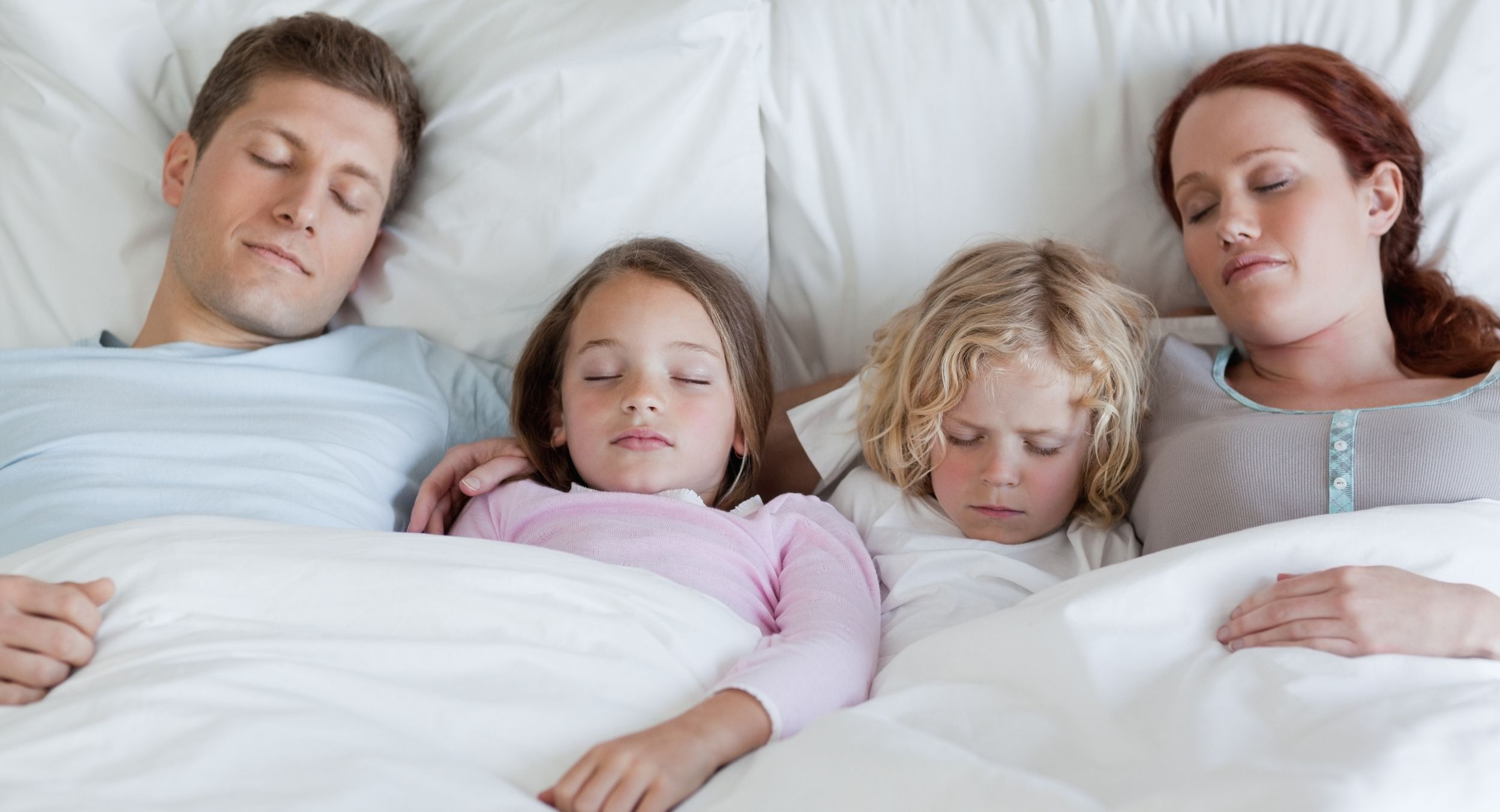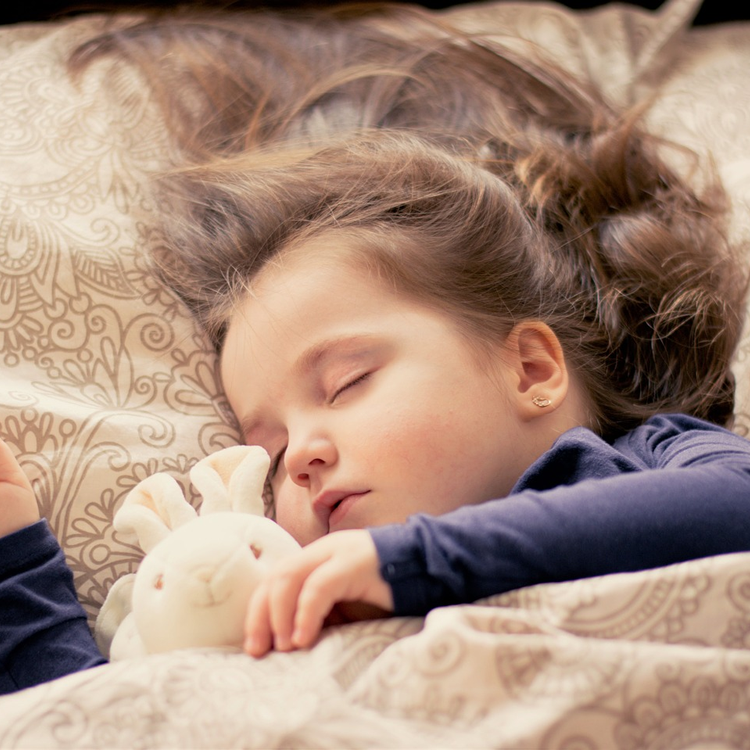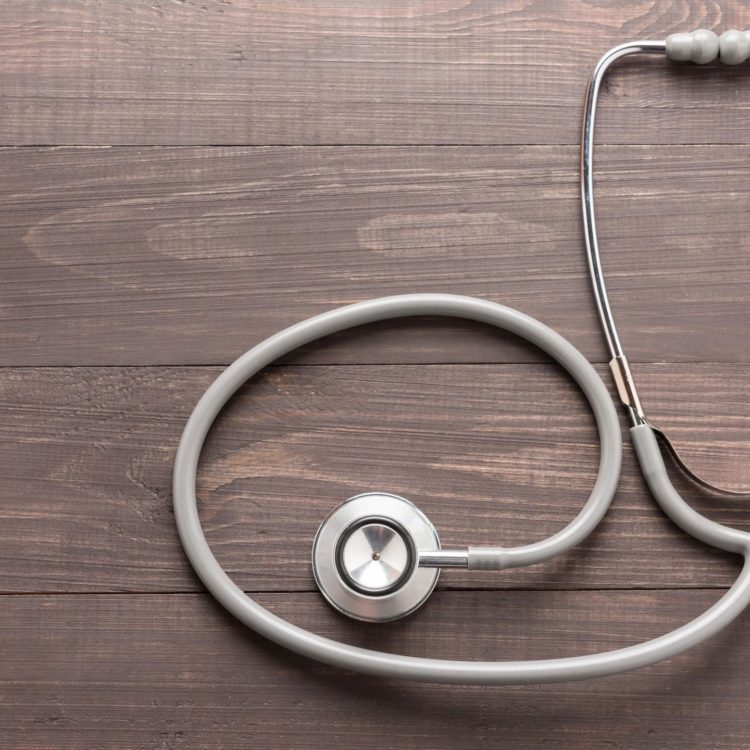
Dentist For Sleep Apnea
Who Has Sleep Apnea?
Could you be among the 22 million Americans suffering from a lack of restorative sleep? Typical symptoms of sleep apnea include heavy snoring, excessive daytime sleepiness or fatigue, difficulty with concentration or memory, and waking during the night feeling short of breath. Serious health consequences can come of untreated sleep apnea. With treatment, the improvements can dramatically enhance to their quality of life. According to the National Sleep Foundation: "More than 18 million American adults have sleep apnea." Obstructive Sleep Apnea occurs in all age groups in all sexes.
Snoring – it’s the biggest problem in many households related to sleep! With more than 70% of bedpartners sleeping separately because of snoring, and with recent discoveries of health problems related to snoring, it’s become a big deal.
The noise created when there is a partial closure of the airway and is often only as problematic as the noise itself. However in many cases snoring can also be associated with medical problems such as high blood pressure, significant daytime sleepiness and much more. When snoring is associated with these issues a person is said to have a Respiratory Disturbance.
A more serious condition where unlike snoring, the airway completely closes many times throughout the nighttime and can significantly reduce one's oxygen levels in the body resulting in disrupted sleep. Depending on the person and the severity of the apnea, sleep apnea can result in excessive daytime sleepiness, irregular heartbeat, high blood pressure, weight gain and on occasion even heart attack and stroke.


The best dental experience
Patient Comments
Dr. Sayyah is just amazing!
Patient Comments
The best dentist
Patient Comments

WHAT IS SLEEP APNEA?
WHAT IS SLEEP APNEA?
Obstructive sleep apnea (OSA) is a sleep disorder in which patients stop breathing periodically during sleep. Apnea literally translates as "cessation of breathing."
During an event of sleep apnea, there is an obstruction in the upper airway, blocking the flow of air to the lungs. These obstructions are caused when either fatty tissues in the throat collapse back into the airway, enlarged tonsils and/or adenoids block the airway, or the tongue falls back into the airway.
This can lead to loud gurgling snores and choking sounds as the patient struggles to breathe (often without even knowing it) followed by loud gasps. Apnea events can last up to 10 seconds before breathing resumes and they cycle can repeat itself through the night.
During a period of sleep blood oxygen levels in the body drop and the brain partially awakens from sleep to send signals to the respiratory system to waken a person to breathe.
Some patients experience hundreds of apnea events in a night of sleep. This can serve as a huge disruption of sleep, whereby causing a person to feel extremely tired even after a decent amount of sleep.
SIGNS OF SLEEP APNEA
There is a good chance that if you snore, you experience at least some level of sleep disturbance. If you wake up in the morning after 7-8 hours of sleep and are still consistently tired you may have sleep apnea. The following is a short list of signs of sleep apnea:
- Snoring
- Insomnia and difficulty falling asleep
- Waking up gasping for breath
- Reports of snorting or sudden choking sounds
- Persistent headaches throughout the day
- Excessive sleepiness or grogginess
- Needing to take naps during the day
HAVE SLEEP APNEA? - WHY YOU SHOULDN'T PUT OFF YOUR NEXT DENTAL VISIT.
According to the National Sleep Foundation, studies have show that obstructive sleep apnea can have a huge effect on your health. It can lead to daytime sleepiness (since every time you stop breathing momentarily, you wake up) and it increases your risk for high blood pressure, atrial fibrillation, congestive heart failure, liver problems, and other serious health issues. But it turns out, the health issues don’t stop there. Sleep apnea has been shown to negatively affect your teeth too. Here are a few dental problems to watch for if you have sleep apnea.
- Cracked or worn teeth: Grinding or clenching your teeth while you sleep a condition called bruxismis more common in people who have sleep apnea. The wear on your teeth can cause tooth sensitivity and in certain dentition teeth can become fractured and damaged. A good indicator of teeth grinding is if you have tired, tight jaw muscles or sensitive teeth.
- Jaw pain: Sleep apnea is associated with chronic pain disorders, including jaw pain like TMJ or TMD. If you wake with jaw pain, consult your dentist for more information.
- Higher risk of cavities: People who have sleep apnea generally breathe through their mouths which can dry out the saliva that protects teeth from decay. The result could be more erosion of dental enamel causing cavities.
Being aware of the signs and symptoms can help anyone get control over sleep apnea and greatly reduce or eliminate dental issues. Sleep Apnea information courtesy of the National Sleep Foundation, for more detailed information visit them online. If you just suspect you might have sleep apnea, please make an appointment with Dr. Sayyah today to discuss your options and find solutions before issues begin.
In addition to applying dental approaches to treat sleep apnea, Dr. Sayyah gives patients several recommendations to lessen the condition through lifestyle changes and medical referrals.
Download Sleep Apnea Surveys

ORAL SLEEP APPLIANCE THERAPY
Keeping the airway open at night can be accomplished by moving the lower jaw (mandible) forward. The tongue and other soft tissues are stretched off the back of the throat and normal actions of breathing are restored, allowing for proper blood oxygen and a restful night’s sleep.
Creating custom fit mandibular advancement devices, or MAD, is a choice option for patients. The FDA has cleared more than 100 different types of appliances for patient use. Dr. Sayyah has extensive training and experience with multiple MAD devices so he can help to find the most fitting and comfortable options for our patients.
MAD typically vary on the mechanism that is used to hold the jaw forward. All of the appliances that we work with are FDA approved. Most appliances are made from acrylic and some are laser-printed from medical-grade nylon. The advancement mechanisms are usually surgical stainless steel, but nylon, acrylic, and nickel-free metals are used as well.
OUR APPROACH
Dr. John Sayyah holds a dual doctorate in both medicine and dentistry. He is uniquely qualified to provide a more comprehensive evaluation of your oral health. Today medical professionals all over the world are discovering that there is a real link between oral health and your overall health. With a degree in medicine, Dr. Sayyah can stress that link between dentistry and medicine and help you keep your oral health at an optimum level. At Redmond Town Dental, Dr. John Sayyah will show you the window to your overall health by providing you with a variety of FDA approved appliance specifically designed to improved sleep and your overall health.



